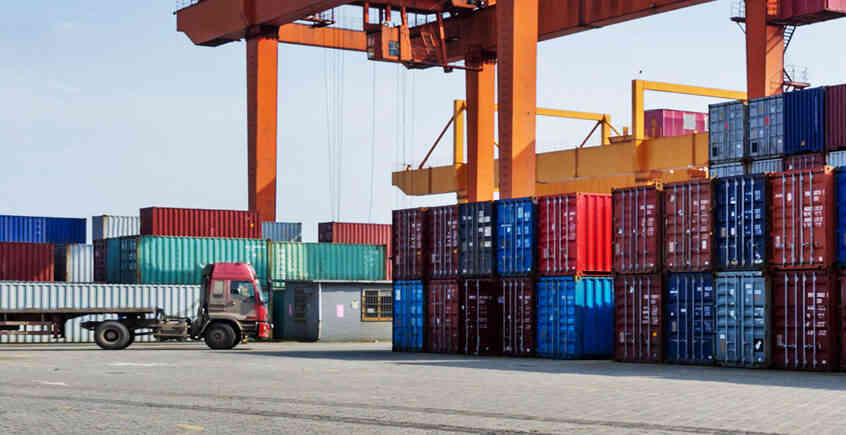Tax Legislation Impact on Logistics: What Businesses Need

The recent signing of H.R. 1, the tax reconciliation legislation, has set in motion significant shifts for companies involved in global logistics services. The tax legislation’s impact on logistics is becoming increasingly clear, as businesses must adapt to new financial rules that affect operations worldwide. Therefore, understanding the implications of these tax changes is crucial for companies aiming to optimize their supply chains and maintain a competitive edge. Ultimately, this legislation will reshape how businesses manage both finances and operations within the complex landscape of international trade.
Tax Legislation Impact on Logistics and International Shipping Services
One of the most immediate impacts of H.R. 1 is the potential alteration of tax liabilities for companies engaged in international shipping services. For instance, businesses that import or export goods may find their tax obligations changing. As a result, this could influence decisions related to inventory management and sourcing strategies. Companies will need to carefully examine their current tax structures to understand how these changes affect their bottom line.
Moreover, tax regulations can directly affect the costs associated with freight forwarding. A change in import duties or taxes could increase or decrease the costs of moving goods across borders. Consequently, businesses may need to review their current freight forwarding agreements to address the changes and maintain profitability.
Tax Legislation Impact on Logistics and Customs Clearance Procedures
With the new tax legislation in place, adjustments to customs clearance procedures are also likely. Changes in duties or taxes may require additional documentation or modifications to existing processes. Therefore, importers and exporters will want to proactively adapt to avoid delays in clearing goods and reduce potential penalties. Staying updated on documentation requirements is essential for smooth operations.
For example, if the legislation impacts the value of goods for tax purposes, companies might need to reassess how they declare values to customs authorities. These changes can affect compliance. In addition, proactive reassessment ensures businesses remain aligned with evolving regulations.
Supply Chain Management Adjustments
The broader implications of H.R. 1 extend to supply chain management. Specifically, changes in tax incentives or penalties can affect decisions regarding the location of manufacturing facilities or distribution centers. Companies may reconsider their sourcing strategies, choosing to work with suppliers in areas offering more favorable tax conditions.
Furthermore, businesses should also consider the impact on transportation costs. Tax changes may influence the cost-effectiveness of different transportation modes such as air freight or ocean freight. Therefore, conducting a detailed analysis will help companies optimize their supply chain and increase profitability. Ultimately, the success of adapting to these changes hinges on accurate information, careful planning, and strategic execution. As a result, acknowledging the tax legislation impact on logistics is essential for building resilient and efficient supply chains.
